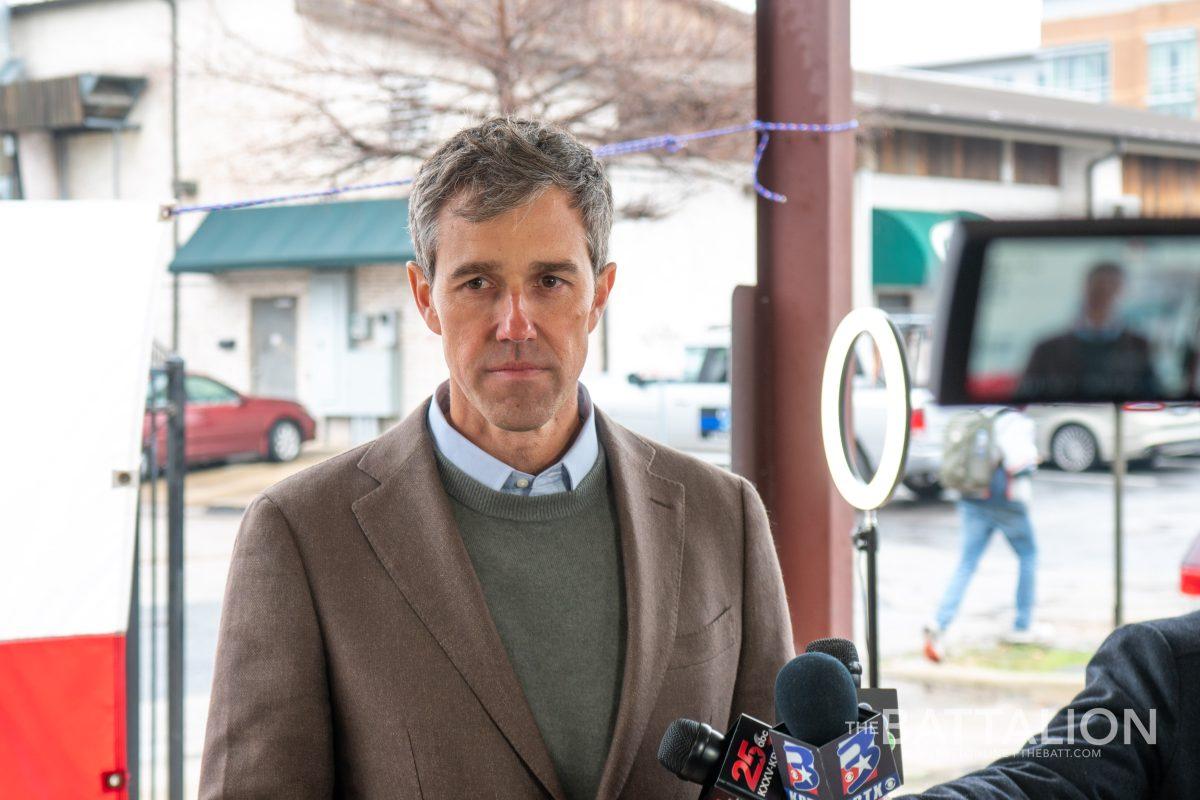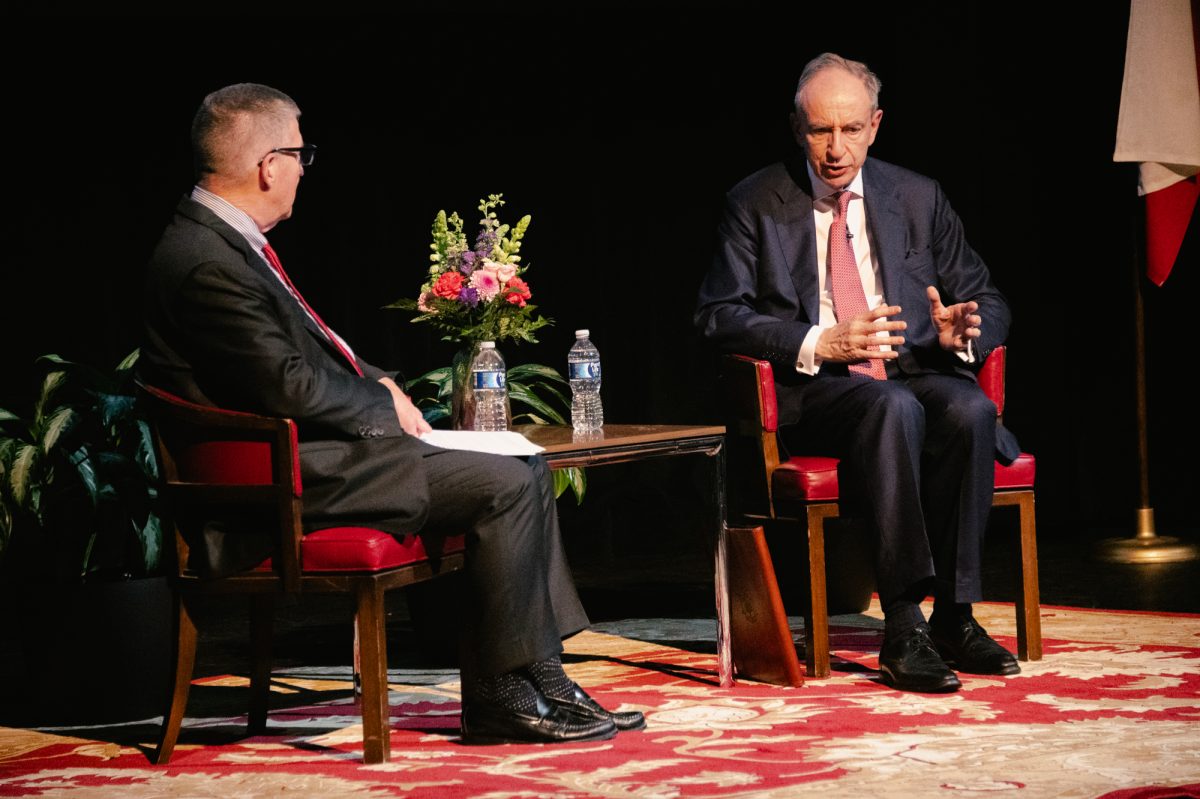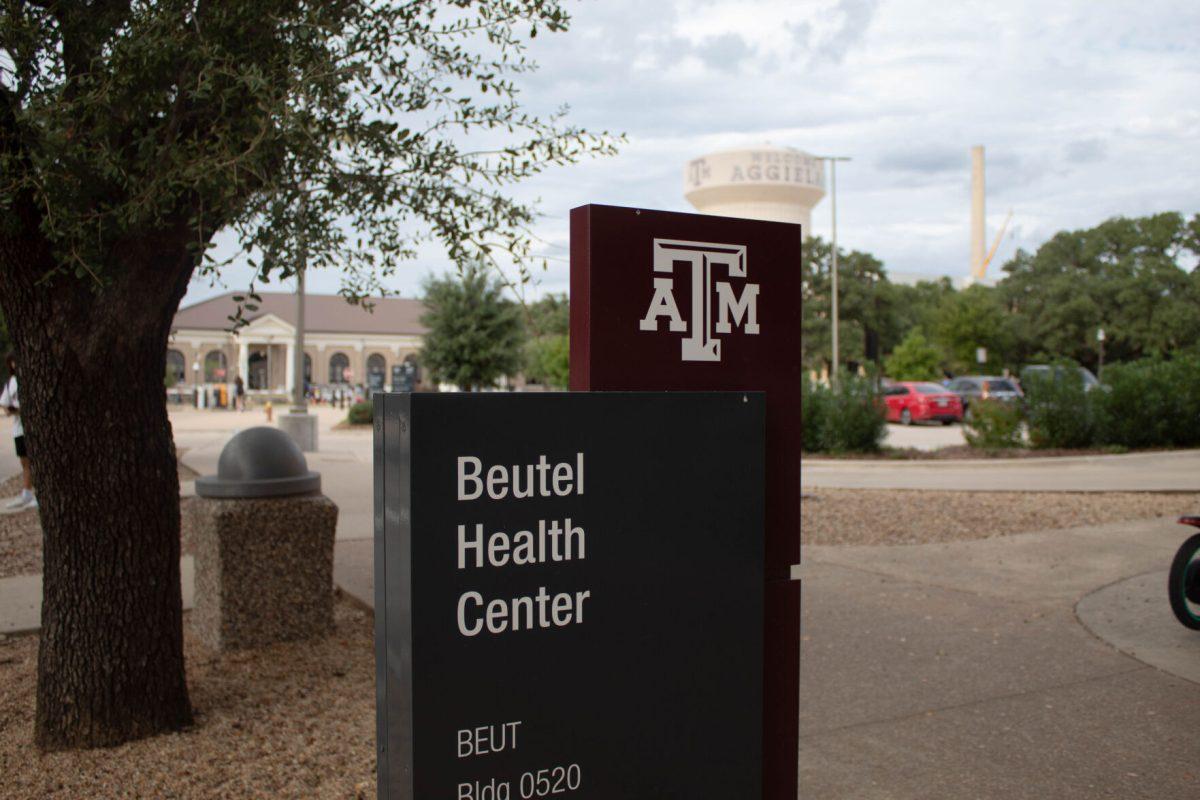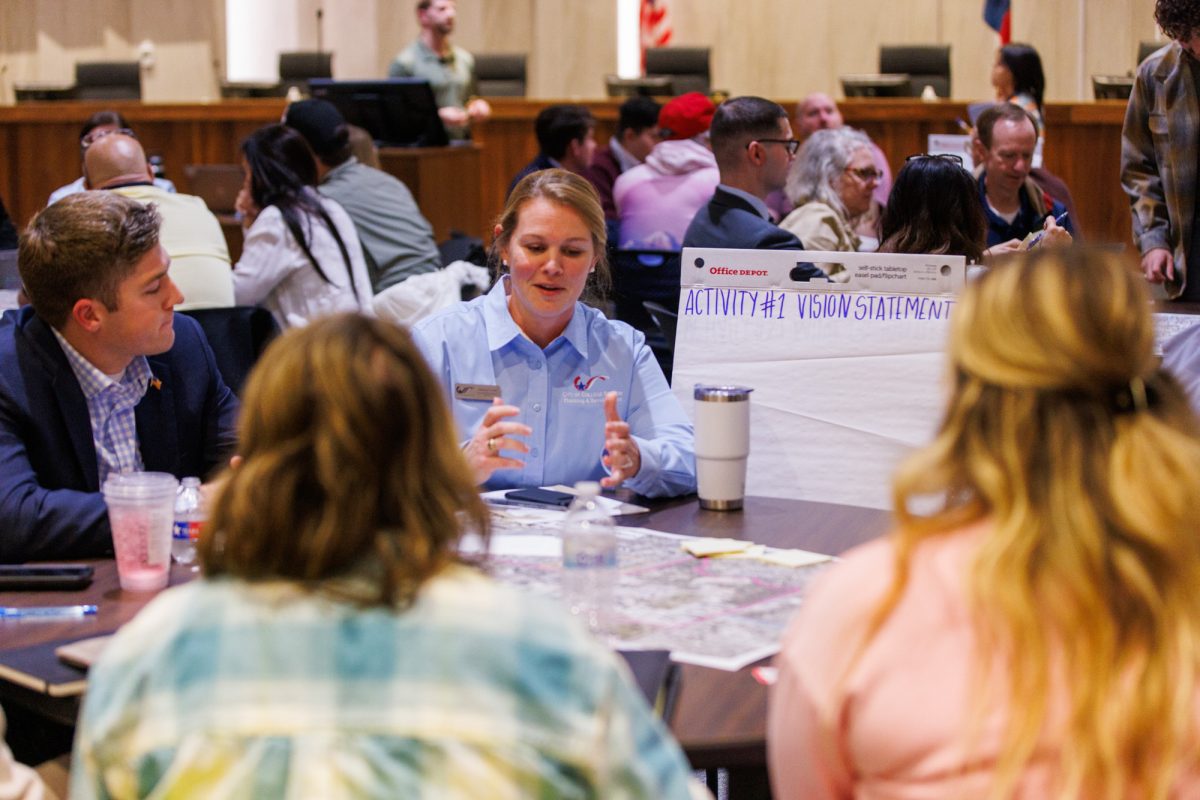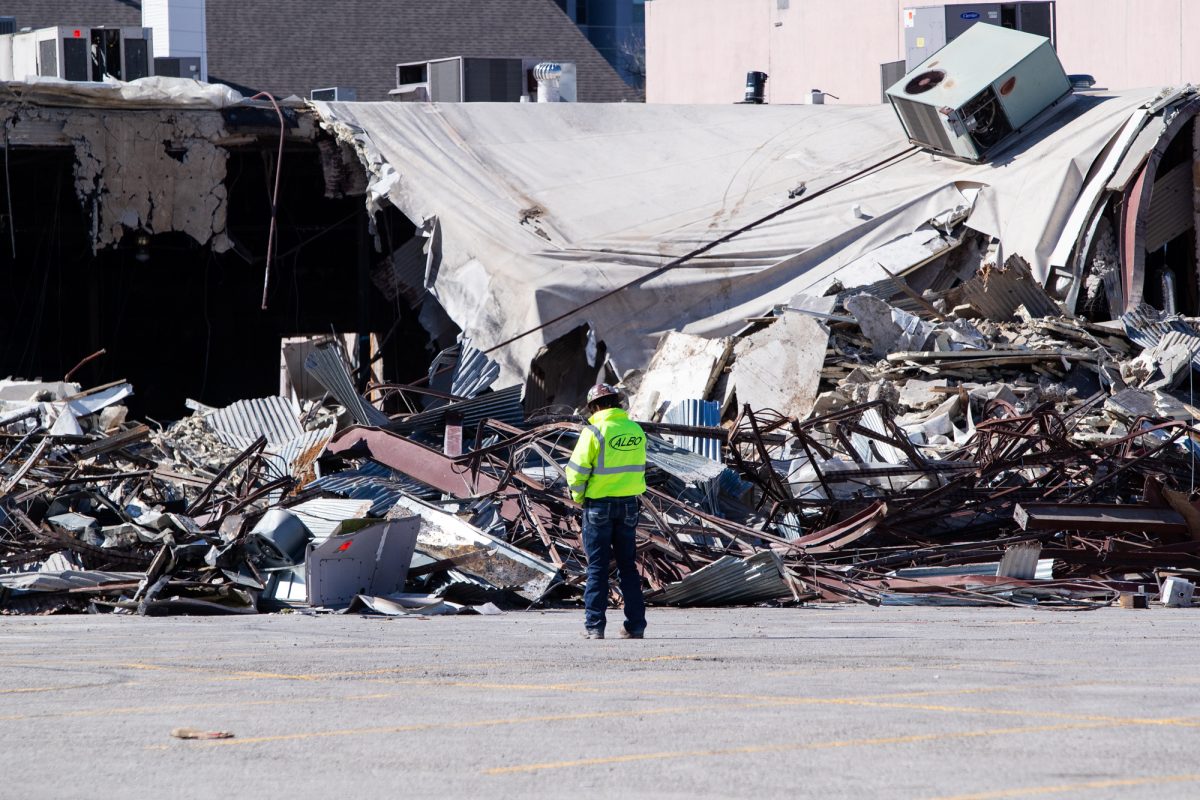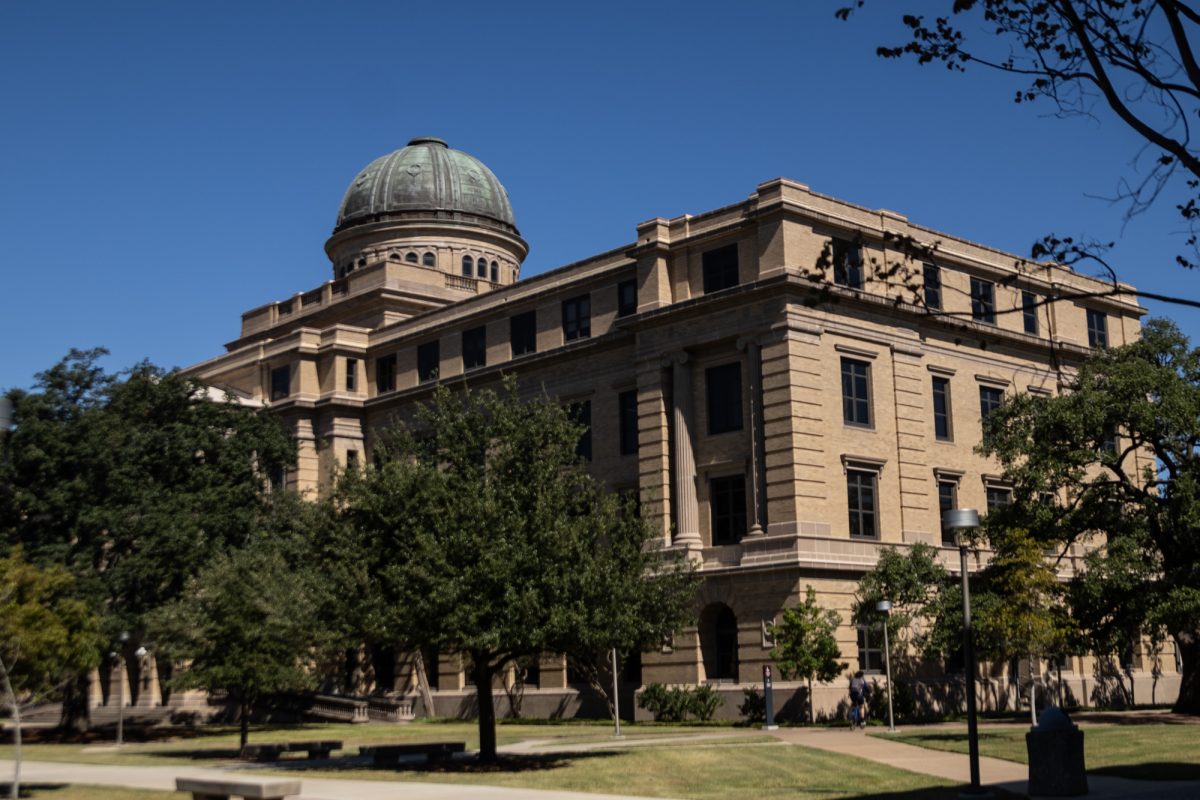On the campaign trail, gubernatorial candidate Beto O’Rourke hit his major talking points while listening to the pressing concerns of voters.
The town-hall style event held Tuesday, March 8 at West Church Market allowed Texans to voice their concerns over topics such as the state’s power grid, climate change, gentrification and affordable housing. O’Rourke landed many of his campaign talking points as well as touched on the impact students have on public institutions and college debt.
O’Rourke opened his speech explaining the current struggles Texans have had communicating with each other.
“We have a hard time talking to each other and listening to each other and building the trust to do big, important things that are ours for the doing,” O’Rourke said.
O’Rourke then said one of his goals for the Texas economy is to create an economy where people are only required to work one job to make ends meet.
“Wouldn’t it be wonderful if the best jobs in the United States of America were created right here in Texas?” O’Rourke asked. “I want to make sure that if you’re working full time, you only work one job in the state of Texas to have some food on the table, take care of your kids and set something aside for the weekend as well.”
Education in the state of Texas is an important concern of his campaign, O’Rourke said. He compared the proficiency of Texas students to that of students from other states.
“We should share the best public education system in America; it should be ours, and yet it’s not. Compared to other states such as California, New York, Florida and North Carolina, kindergarten through 12th grade attainment has been sliding every year. Seven out of 10 kids in the state of Texas cannot read at grade level,” O’Rourke said.
Concluding his opening statement, O’Rourke took questions from the attendees. The first question asked was from a Bryan resident regarding current Gov. Greg Abbott’s recent executive order activating the National Guard to the southern border.
“The Governor activated 10,000 members of the guard for a one-year deployment to the Texas-Mexico border. One week to leave your life to go be a part of a solution in search of a problem. When I reach out to the guard members and ask how many immigrants they have apprehended, they say they have seen zero,” O’Rourke said.
A current student at Texas A&M asked the candidate to “talk about how you will fix our power grid when you become governor.” O’Rourke said …
“It was hard for all of us to understand, in the energy capital of the world, that we couldn’t keep the power on, the heat on or the water flowing. Our governor went on the TV shows to blame the Green New Deal as people were freezing to death. More than 700 people lost their lives,” O’Rourke said. “These were the decisions of the people in the highest power in the state of Texas. They were warned before February that we had vulnerabilities in the grid.”
O’Rourke said he has a vision to combat future power grid failures through a multi-step process.
“What are we going to do differently? Weatherize the gas supply [and] connect ERCOT to the national supply,” O’Rourke said. “We are going to make sure that we hold those accountable to those that profited from the suffering of those Texans. We are going to put an independent market monitor in charge of the gas supply in Texas.”
A Texas A&M student asked the candidate about his plans to combat climate change, to which O’Rourke said Texas has seen significant impacts from the changing environment.
“Tell me a state that has more to gain or lose than the state of Texas,” O’Rourke said. “The rainfall record in North America was set in Houston in 2017. That wasn’t a freak occurrence but something that scientists say is going to happen more often. We are paying the price right now in lives lost, property damage and economic opportunity.”
O’Rourke said that Texas is important in the energy sector and outlined his plan to modernize the industry if he were elected.
“We are the energy capital of the world right now. By and large, that is thanks to oil and gas and the innovators, entrepreneurs and workers who not only gave us pride and place but secured our energy independence from the rest of the world. What if we could add to that?” O’Rourke asked. “Right now, we lead the country in wind energy. The fastest growing job in America is wind energy technician with solar energy technician being second. Let’s add geothermal, hydroenergy and battery storage. It allows us to take the lead in confronting climate change before it is too late.”
Another A&M student followed this question referring to homelessness in Austin, and how, as governor, O’Rourke would assist those in need of housing.
In response, O’Rourke said he knows the importance of a home and what he would do as governor to preserve it.
“The home comes first, we need to focus on housing not unrelated to the conversation of gentrification,” O’Rourke said. “If we can get that right and invest in state resources where we can create homes for those that are unhoused right now; when we realize that no one chooses to be homeless and that the minimum wage is $7.75, it cannot remain that way. [We must address] the fundamentals of the economy.”
When asked about the importance of current students’ input within institutions such as A&M, O’Rourke said it was important to include student voices to analyze problems differently.
“They are critical, and some of the challenges we have could be fixed if we actually listen to the students that attend these institutions in the first place,” O’Rourke said. “They know where the gaps are; they see opportunities that others may be blind to. We need to listen to them and make sure that they have their voices included.”
The last question answered by O’Rourke focused on student loan debt and his plan as governor to combat rising costs associated with seeking higher education.
“We can do our part in Texas, especially if that student wants to go into a much-needed, in-demand profession such as teaching or nursing or any other skills that we are having a hard time attracting the talent for,” O’Rourke said. “[We need to] underwrite the costs of that education or forgive the debt that we already incurred and make sure that we are landing the professionals in the communities that need it the most.”




